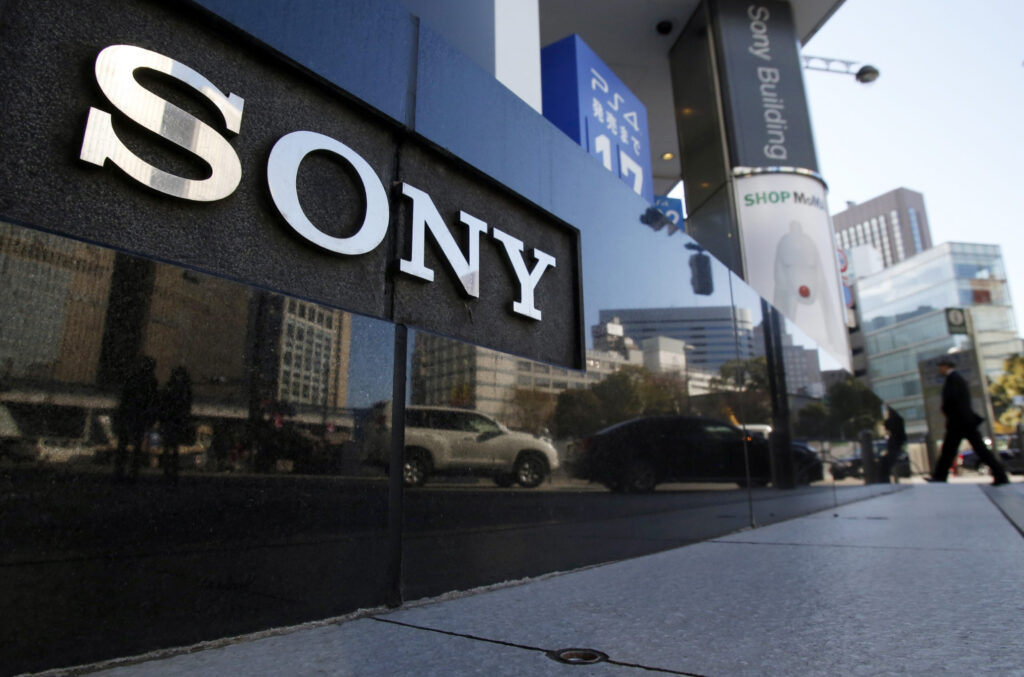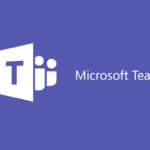seniorspectrumnewspaper – Sony has provided new insight into how artificial intelligence supports its entertainment and gaming divisions. In a recent corporate report, the company explained that its internal Enterprise LLM helps employees work more efficiently. Rather than replacing developers or artists, the AI tools assist with tasks such as research, documentation, and workflow management.
Read More : LG Launches Xboom Buds Lite TWS Earbuds with Graphene
Over the past two years, more than 50,000 employees across 210 teams have adopted the Enterprise LLM. Many of these teams focus on gaming and entertainment projects. Sony emphasizes that the AI enhances productivity while maintaining a strong commitment to human creativity and oversight.
Gamers are beginning to see the impact of this technology. For example, AI tools help improve the quality of older movies on the PlayStation 5. The PSSR upscaling feature also enhances visuals in current PlayStation titles. However, Sony maintains strict safeguards to prevent its tools from misusing copyrighted material like music, art, or voice recordings.
Despite these efforts, concerns about AI’s role continue to grow. In March 2025, a video circulated online showing Aloy, the main character from Horizon Forbidden West, speaking with an AI-generated voice. The clip also featured realistic facial animations generated by AI. Sony quickly removed the video, but the backlash from voice actors reignited fears that AI could eventually reduce the need for human performers.
Developers Remain Wary as Industry Embraces Generative AI Tools
Although Sony says it has not downsized any game studios due to AI, anxiety among developers remains high. As blockbuster titles become more expensive to produce, many creators fear that advanced tools could lead to fewer creative roles. Artists and programmers worry that AI might eventually automate parts of the development process they currently handle.
The broader industry is facing similar challenges. Microsoft, for instance, has invested heavily in generative AI and integrated it into its own development tools. Its Project Muse can generate gameplay sequences and visual assets with minimal human input. Following studio closures within Xbox, Microsoft clarified that human creativity is still essential for game production.
Read More : Nvidia Set to Adopt TSMC’s Latest A16 Chip Technology
Unlike Microsoft’s approach, Sony has drawn a clear line between automation and collaboration. The company insists that AI is not used to create in-game assets or characters. Instead, it serves as a behind-the-scenes assistant to streamline processes and support team efforts.
Still, developers and actors remain cautious. They acknowledge the efficiency gains but question whether studios will eventually shift toward leaner, AI-driven teams. As generative AI continues to evolve, the industry must balance innovation with the protection of creative jobs.
Sony’s transparency provides some reassurance, but the conversation is far from over. As technology advances, both companies and creators will need to redefine what responsible AI use looks like in game development.


